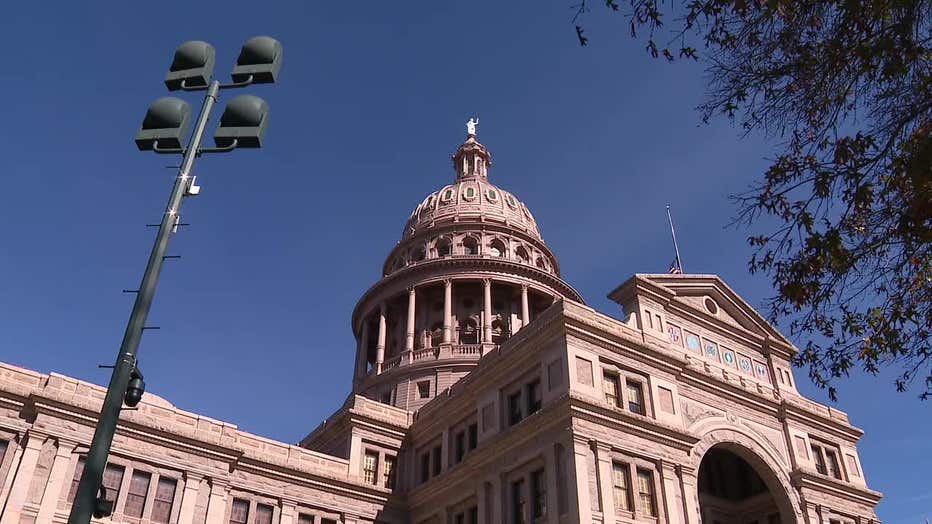Texas bill increasing punishments for abortion pill distribution sparks Senate debate

Texas bill statewide ban on abortion pill distribution
A bill that recently passed through the Texas Senate, which could be considered a statewide ban on abortion pills, sparked a constitutionality debate on the Senate floor Monday.

AUSTIN - A bill that recently passed through the Texas Senate, which could be considered a statewide ban on abortion pills, sparked a constitutionality debate on the Senate floor Monday.
The topic of SB 2880 is not the only thing raising concerns: it’s also some of the legal protections written within the proposed legislation. The bill has some lawmakers calling into question the balance of power between branches of government.
New Texas abortion pill bill
Last week, the Texas Senate approved SB 2880. The bill says anyone who distributes abortion-inducing drugs — including through the mail — can be sued for up to $100,000.
It expands the wrongful-death statute and gives people up to six years to file a lawsuit after an abortion takes place.
There are also protections written in the bill that say the law cannot be challenged as unconstitutional in state court. This provision led to a debate on the senate floor.
SB 2880 constitutionality concerns
What they're saying:
Sen. Nathan Johnson (D-Dallas) questioned bill author Sen. Bryan Hughes (R-Mineola) on the implications of the proposal.
"Declaring that the judicial branch of government does not have the power to review the law we passed for constitutionality. Am I reading this bill correctly?"
"Senator, it’s like the Congress under the U.S. Constitution, just like the Congress of the U.S. Constitution can determine the jurisdiction of the courts, so can the legislators set the jurisdiction of the courts," Hughes replied.
The debate continued and called the balance of power between the branches into question.
"Can it do this? Can it tell the courts, ‘you can’t review a law for constitutionality,’" asked Johnson. "Or is this a flagrant, brazen transgression on the separation of powers on which this country was founded?"
"No sir, we make the rules, we make the jurisdiction," said Hughes.
The other side:
Constitutional law attorney David Coale says the framework of the bill is similar to that of SB 8, also known as the "Heartbeat Law," which the U.S. Supreme Court found no issue with.
"So I understand the concern that the legislature is trying to deal itself out of judicial review, make itself kind of a bigger branch of government than the others, but the way they've written this at a high level, at least, is consistent with the way the Supreme Court said it's okay to work in the SB 8 framework," said Coale.
Coale also interprets the bill as allowing someone to file a lawsuit regarding the bill - but only after it becomes law.
"The way I read it, what the bill says is courts can't review constitutionality on the front end before the law goes into effect, but the courts are free if somebody brings a lawsuit under this new bill, to then adjudicate whether it's constitutional in a defense in that case," Coale said.
To read the full SB 2880 text, click here.
The Source: Information in this article came from FOX4 coverage of Texas Senate proceedings.



